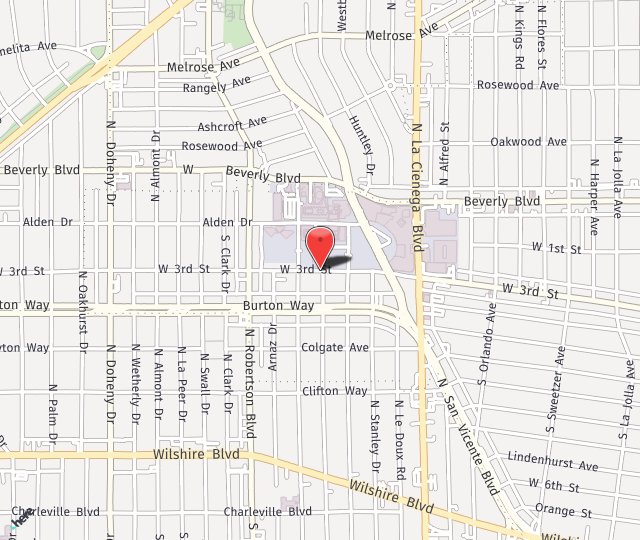About Those Tingling Fingers
- Posted on: May 15 2021

But there are lots of other causes behind tingling fingers. Many merit attention as they can be the result of nerve compression, and, as we’ve discussed in many previous blogs, nerve compression can lead to permanent nerve damage if not addressed.
Here are a few reasons your fingers may be tingling.
- Carpal tunnel syndrome — One of the most common causes of tingling fingers is carpal tunnel syndrome, which occurs when the median nerve is compressed as it travels through the wrist area. The affected fingers are the thumb through the inside half of the ring finger, but not the pinky. Symptoms include pain, numbness, and tingling in the fingers, hand, and arm. The pain from carpal tunnel syndrome is described as a deep or burning ache. Fingers also may begin to lose dexterity and the person may begin to have difficulty holding items.
- Pinched nerve — A pinched nerve occurs when the tissue surrounding a nerve is applying too much pressure against the nerve. The stress disrupts the nerve function, causing pain, weakness, numbness, and/or tingling. Several things can lead to a pinched nerve, such as rheumatoid arthritis, obesity, and injury. If the sensation doesn’t pass in a couple days, it’s a good idea to see Dr. Seruya.
- Multiple Sclerosis — MS is a disease affecting the brain and spinal cord. Symptoms of MS can include numbness and weakness of the limbs, typically on only one side of the body. This often starts with numbness or tingling in the fingers on that side. MS occurs when the body’s immune system’s T-cells mistakenly attack the protective fatty layer of myelin that covers the brain and spinal cord. An area where the T-cells attack is called a scar, or sclerosis, and the body usually replenishes the area with new myelin. Once the myelin is repaired, the person’s disability and tingling sensations subside, but other patients do not recover.
- Peripheral neuropathy — Dr. Seruya deals with peripheral neuropathy every day. Whereas the brain and spinal cord make up the central nervous system, the peripheral nervous system comprises the rest of the nerves throughout the body. Peripheral neuropathy happens when there is damage to the peripheral nerves. This leads to tingling and then later loss of function in the hand and fingers. With peripheral neuropathy, the person may experience a gradual onset of numbness. There can also be sharp, jabbing, throbbing, freezing, and burning pain, sensitivity to touch, and muscle weakness. Peripheral neuropathy occurs from injury, infection, toxic exposure, or diabetes.
Do you suffer from chronic pain, such as tingling in your fingers? Dr. Seruya can diagnose the problem and relieve the compression. Call us at (310) 423-2129 to schedule an appointment.
Posted in: Arm Pain, Latest News

